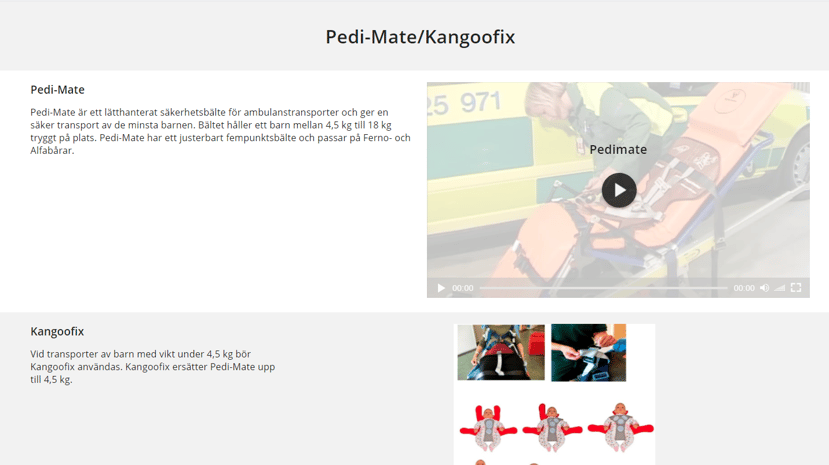In organizations, it is essential to create conditions, so employees do not become too dependent on each other to perform their tasks. When you always need to turn to a colleague to consult or learn something, it creates inefficiency and puts a lot of pressure on the people who always need to be available. Depending on the employee's role, keeping track of many different processes, guidelines, and working methods in systems can be challenging. Not everyone has access to a workplace and desktop computer but has the same need for support in their daily work.
It is common to associate digital learning with converting classroom education to a digital format, working with and creating education through e-learning. But the concept of digital learning is about more than just e-learning.
You can divide learning into two different forms, one of which is formal education, or traditional education and courses - physical or digital. The second type is informal learning, which is about the learning that takes place when performing tasks, having conversations with colleagues, and the knowledge support the employee can get help from during the working day to get on with their tasks or problems they encounter.
If you combine formal education with more informal knowledge support, you take advantage of the full potential of digital learning and thus cover all the learning needs that arise in organizations.
In many organizations, these two forms of learning are separated from each other and handled in different systems. Our experience, however, is that you get the best effect in cases where the same platform covers all forms of learning, i.e., that e-courses are stored and distributed in the same place as the shorter knowledge supports and guides. Partly because it reduces costs and extra administration, but above all, it makes the learning platform the obvious place to go when you need to learn something. The platform then provides security for employees who know where they can find help or search for knowledge.
Seth Sahlberg (The ambulance within Region Västernorrland), about how they see the importance of digital learning:
”Ambulance care in Region Västernorrland has for many years worked intensively with competence development, certification processes, and quality assurance of knowledge for employees. As an employee, staying up to date with current treatment guidelines, medical equipment, examination methods, etc., requires great individual responsibility and commitment. One difficulty for employees has been finding updated and relevant information. By using InfoCaption, our employees now have access to accurate and updated training material, knowledge tests, and courses available on the same platform.
The search options and overviews in InfoCaption make it easy for employees to find the information they are looking for. By combining text, video, links, exercises, and knowledge tests, the guides become both interesting and challenging. It is essential to try to find a balance between pure facts and stimulating material to capture the reader's interest.”

Above, you see a guide from one of Västernorrland County's education. Click here to see the guide.
We at team InfoCaption think that Region Västernorrland has succeeded in making several aspects of digital learning available to their employees. The way of thinking and the guide facilitates everyday work based on employees' requirements regarding individual responsibility.
Region Västernorrland has received the Guide of the Month award thanks to its fantastic work.

